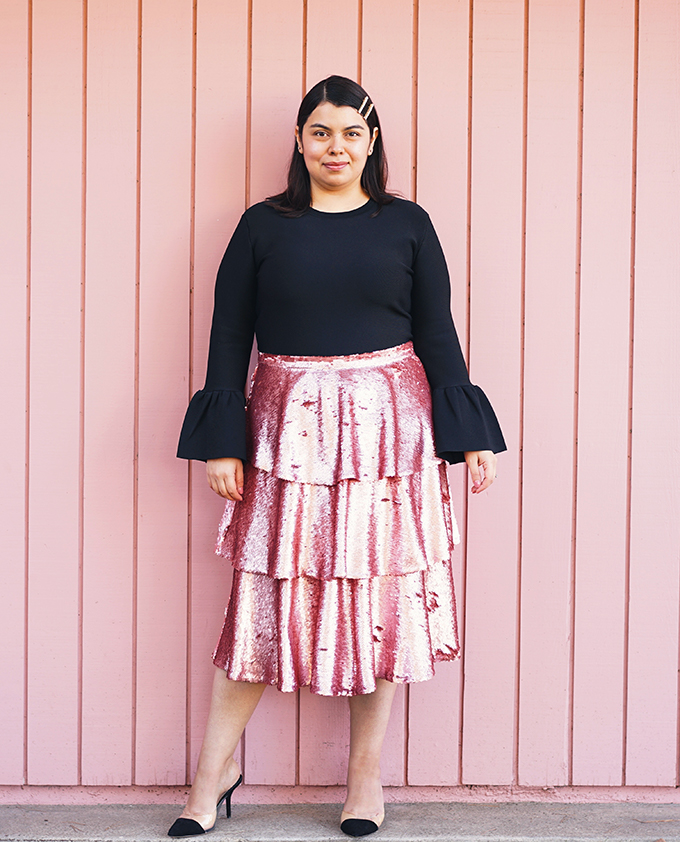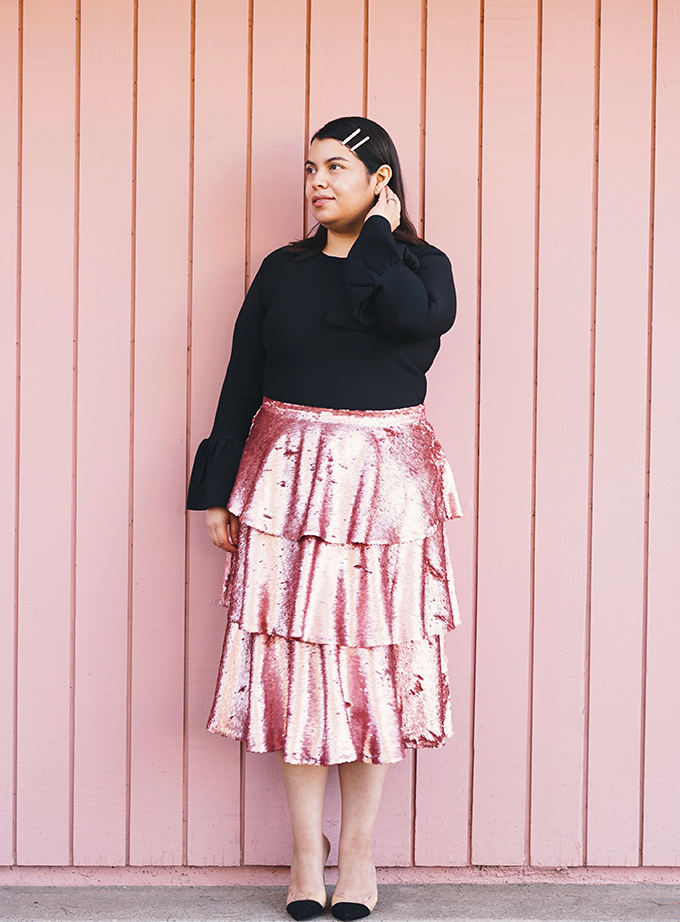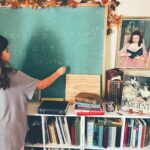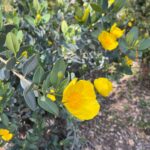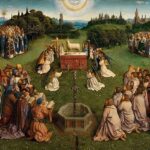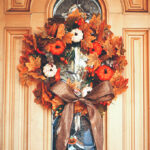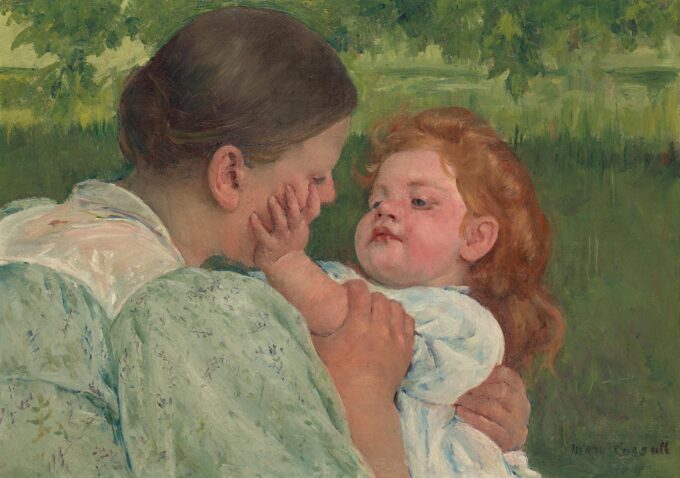
“Maternal Caress” by Mary Cassatt 1896
One of the best organization tips I ever implemented in my homeschool is writing a nightly list of the next day’s readings and subjects. These are things she can do on her own. e.g. copywork, two assigned readings, a written narration, math or Greek review. Even so, our homeschool day still very much feels like a family event every day—questions, oral narrations, spontaneous discussions, cooking, arts and crafts, outings. It feels like I spend most of my day deep in the work of mothering and education. I’m usually spent by nighttime, which is precisely when I have to write out the next day’s tasks. (Doing it nightly, as opposed to weekly, is supposed to help you keep realistic expectations for what can be accomplished the next day.)
On one such night this week, I sat down to write out the next day’s tasks. And it just felt so… heavy? I think the feeling is common around this time of year. We’re about halfway done with the school year and the weather has been dreary. I just felt like we needed a lighter day. So I turned the page in the notebook and started a NEW list.
Poems
Dance
Reading (Julia’s choice)
Math Antics Youtube
Reading (Mom’s choice)
Botanic Garden
The following morning, I made oatmeal. My kids like it with cream, cinnamon, maple syrup, and banana. I like to add peanut butter to mine. I mention what we had for breakfast because it cooks slowly on the stove, which gives me some time to set up our morning readings. I had two New Testament readings for the week in my schedule. I asked them if they wanted to hear the story of Jesus Healing a Man Born Blind or the story of the Good Shepherd. They requested the former, John 9: 1-41.
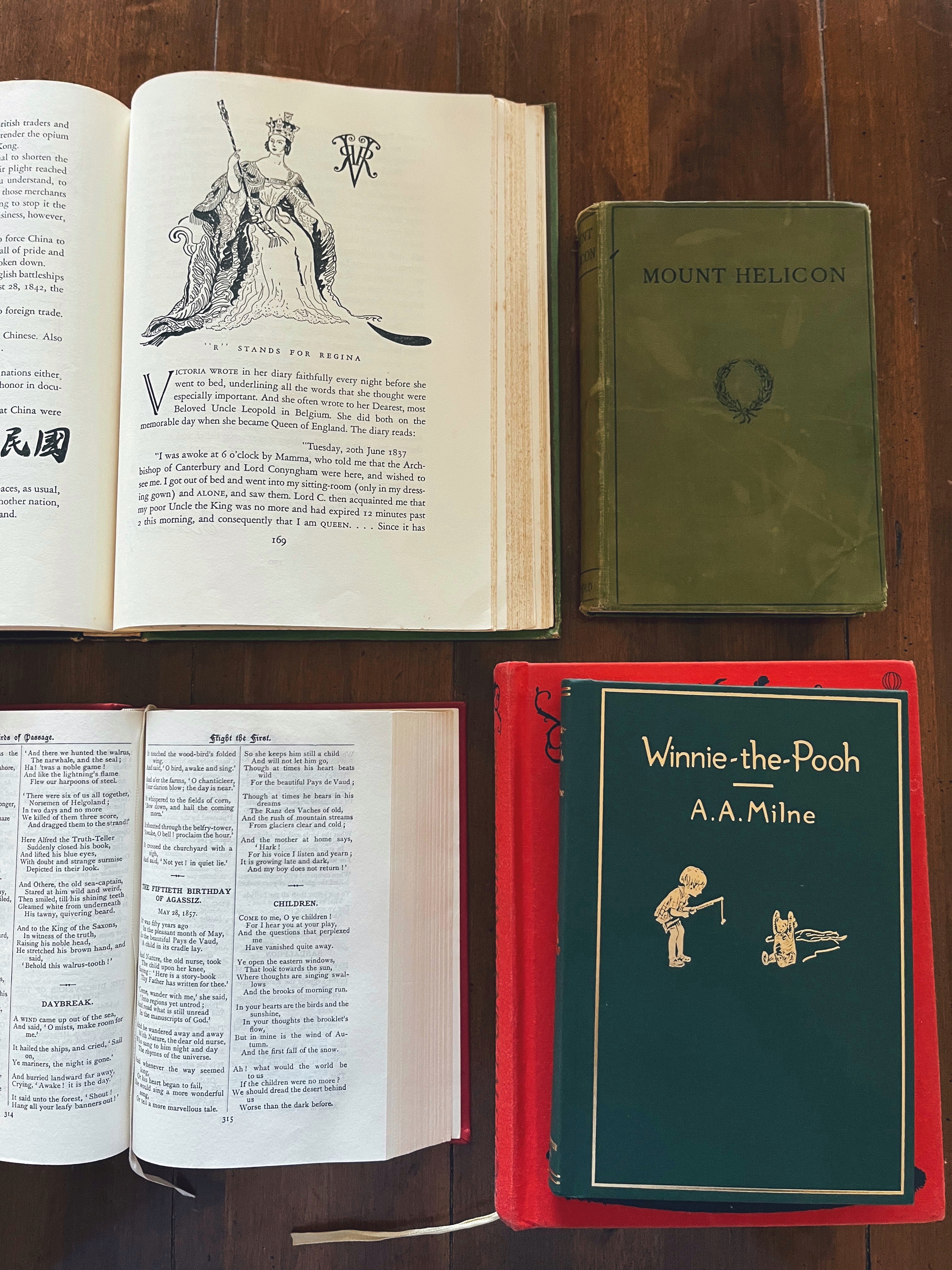
Books for Sara and Julia
Our discussion was SO interesting and lasted most of breakfast, but we did get a few poems in—two, by Longfellow—including this one about what the world would be like without children. It’s impossible to not be moved by if you have a child or remember being one. What a marvelous poem to consider alongside Charlotte Mason’s education philosophy and her thoughts about the God-given personhood of children. Longfellow suffered some tragic losses in his life, ending up a widower and father to young children. Read his poem, below.
Children
Come to me, O ye children!
For I hear you at your play,
And the questions that perplexed me
Have vanished quite away.
Ye open the eastern windows,
That look towards the sun,
Where thoughts are singing swallows
And the brooks of morning run.
In your hearts are the birds and the sunshine,
In your thoughts the brooklet’s flow,
But in mine is the wind of Autumn
And the first fall of the snow.
Ah! what would the world be to us
If the children were no more?
We should dread the desert behind us
Worse than the dark before.
What the leaves are to the forest,
With light and air for food,
Ere their sweet and tender juices
Have been hardened into wood,–
That to the world are children;
Through them it feels the glow
Of a brighter and sunnier climate
Than reaches the trunks below.
Come to me, O ye children!
And whisper in my ear
What the birds and the winds are singing
In your sunny atmosphere.
For what are all our contrivings,
And the wisdom of our books,
When compared with your caresses,
And the gladness of your looks?
Ye are better than all the ballads
That ever were sung or said;
For ye are living poems,
And all the rest are dead.
—
I found this poem by flipping through my Longfellow book, a treasured leather-bound edition that John gave me a few Christmases ago. It ended up being the perfect poem because it so happened that we’d studied, just the week prior, Mary Cassatt’s gorgeous painting, Maternal Caress (at the top of this post.)
Anyway! So you can get a sense of our morning:
After breakfast, Julia chose two readings from her Abraham Lincoln and Anatomy books. Meanwhile, Sara picked her own stack of books for me to read to her I snuck in a little reading practice for her too. This took about 30 minutes.
After readings, both girls danced around the living room. Maybe about 15 minutes.
Then Julia picked some math videos from her favorite mathy Youtube account, Math Antics. She picked PEMDAS (an old favorite of hers) and a new one (for her) about ratios. Julia did some practice problems while Sara colored. About 20 minutes.
Next, the girls played together for a while. I used that time to get dressed and prep lunch. Today: scrambled egg, cheddar, and avocado sandwiches on toasted sourdough.
As it got closer to noon, I knew it was time for my readings. I pulled Julia aside and read aloud a chapter from Oliver Twist by Charles Dickens and opened up one of our logic books. I wrote about our study of logic in my super-long post about math. Today we’d be starting a new section about fallacies. Sara sat with us for a while, although she runs in and out to play during my longer readings and sometimes tries to pull Julia away.
Julia said to Sara, “I can’t play with you right now, I have to go do logic.”
Sara, who is five, asked, “What is logic?” Both girls looked at me.
Imagine the Oppenheimer soundtrack playing in my mind for a few seconds!
I said, reflexively, “Well, it comes from the Greek word ‘logos’ which means word. It can also mean thought or reason. Logic is the art of reason.”
Then, a stroke of lightning in my mind: “Ah! But you’ve encountered Logos before…” A google search produced this on my phone and Julia read it for us in Ancient Greek. (My heart!)
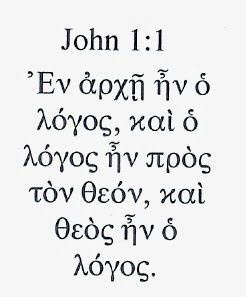
Can I just quickly say I’m soooo amazed and proud she showed interest in Ancient Greek this year? It’s HARD. I provided the translation of this verse in English: “In the beginning was the Word, and the Word was with God, and the Word was God.”

We discussed Jesus being the LOGOS, the perfect Logos. We circled back to the Bible reading from the morning (John 9: 1-41) and talked about some impressive logos sparring at the end of that reading. (The connections?!?!?) Then I said that although God is the perfect Logos, that there was a lot of imperfect and straight up bad logos out in the world—that’s why we study fallacies.
Excuse me??? (This SEGUE?!?!?!?)

We finished our reading about fallacies, AD IGNORANTIAM, if you’re curious. Then, we broke for lunch, all done with the readings and lessons part of the day. All together, my readings were probably about 25 minutes. And maybe about 15 minutes of discussion was had about logic that day.
Over lunch, Julia spoke up suddenly, “Mom, you said something to me once about how you hadn’t planned to teach me logic this early except that we live in….what was it you said?”
“A time of unreason,” I replied.
After a short silence she said, “Was it always this way?”
“No,” I replied, trying not to reveal the sadness of having to admit that to a child.
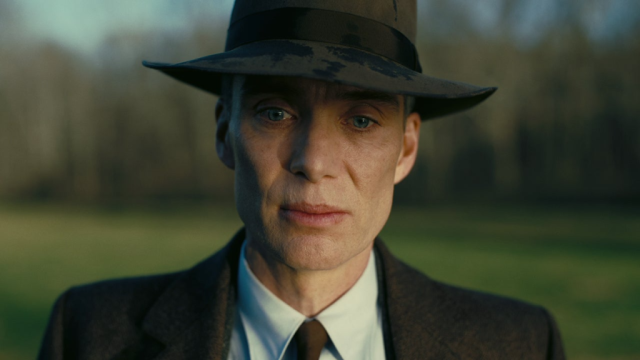
Oppenheimer feels
Thankfully, Sara said something random that completely changed the subject and cheered up the rest of lunch (thank you Lord, for little sisters.)
I packed some snacks for our nature walk and everyone got ready for the outing.
We noticed so many early signs of spring in the garden: scents, birds, some Monarch butterflies, and a baby turtle sunning itself on one of the rocks in the pond.
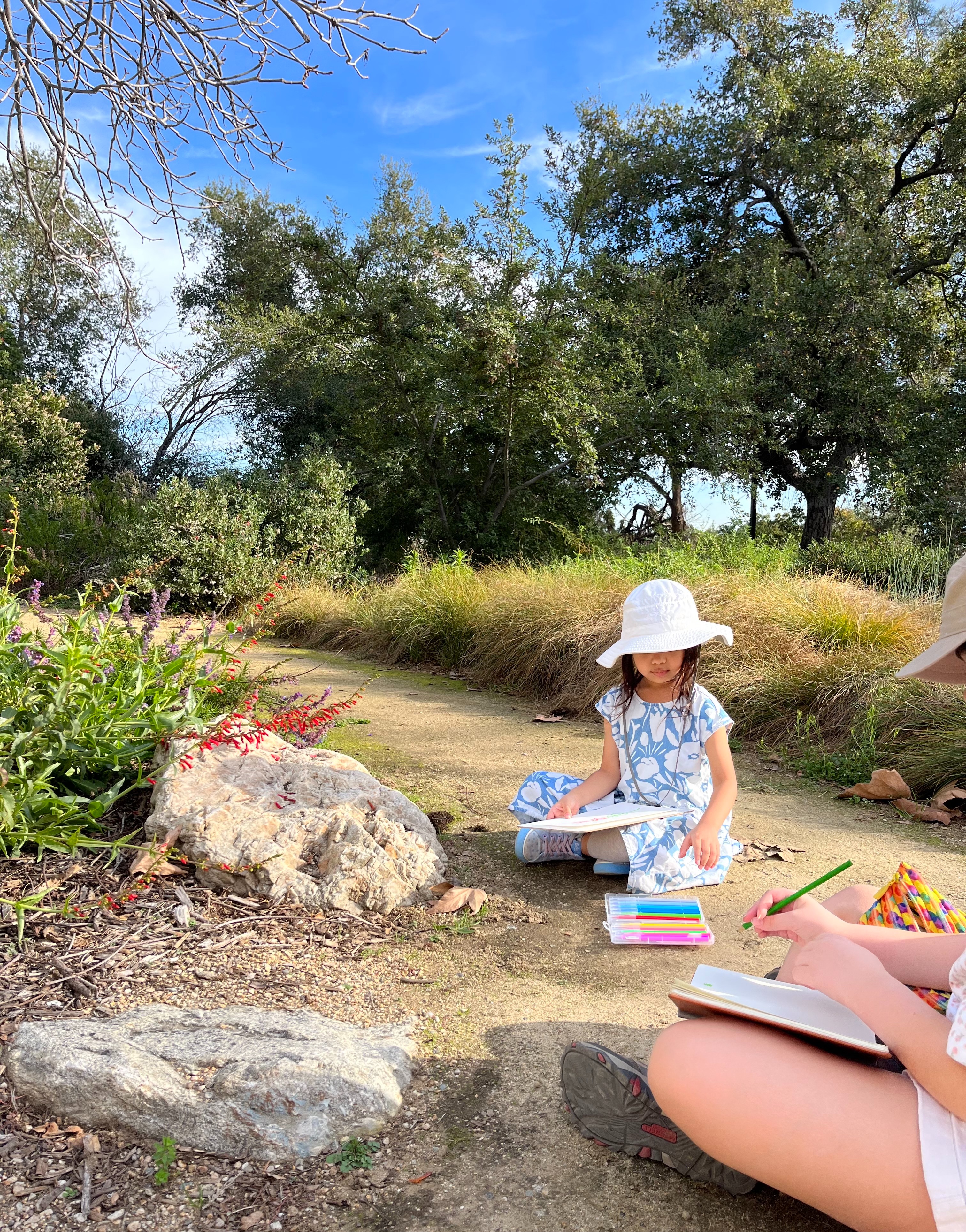
I always bring some notebooks/paper, watercolor pens, colored pencils in my backpack, so the girls got some nature drawing done. I also brought an Emily Dickinson poetry book, which I pulled out when we sat on a bench. The girls munched on Girl Scout cookies (Adventurefuls!) and narrated some of the day’s readings to me. Just so lovely! We spent about two hours at the garden.
We drove home with the windows down, listening to a Taylor Swift song the girls love, “Fearless.” The girls were singing in the backseat…
And I don’t know how it gets better than this.”
The wind was blowing in our hair. I was struck by the fact that I was living what was probably one of the best days of my life with my daughters. It involved so many disparate parts, so many things I hadn’t planned. And yet it was better than anything I could have planned. Oh, to be able to hold the schedule lightly.

I want to remember the day forever. So I had to write it down.
God is so great, He can reach down even into one’s ordinary life, a mundane midweek day, and turn it into something beautiful, mysterious, wonderful. I’d been feeling like our days were heavy. He made our day light.
Thank you, LOGOS.



